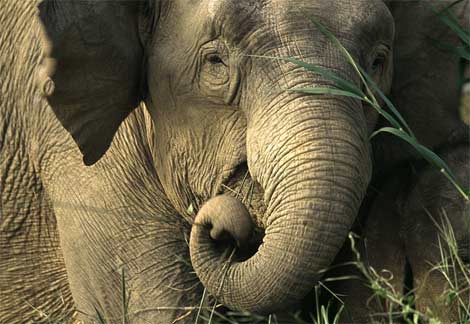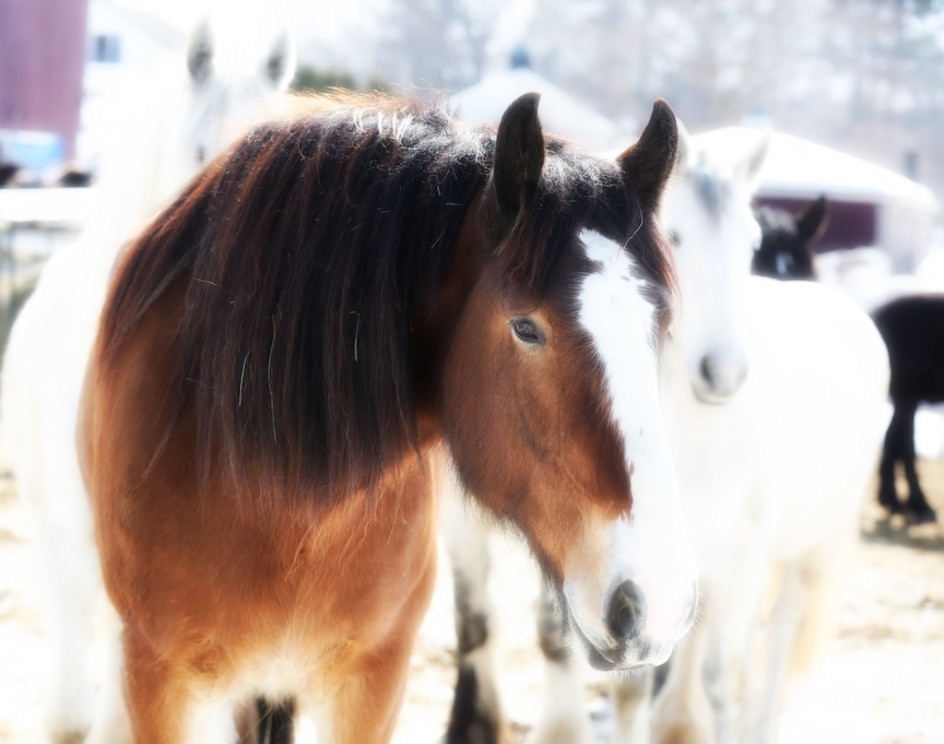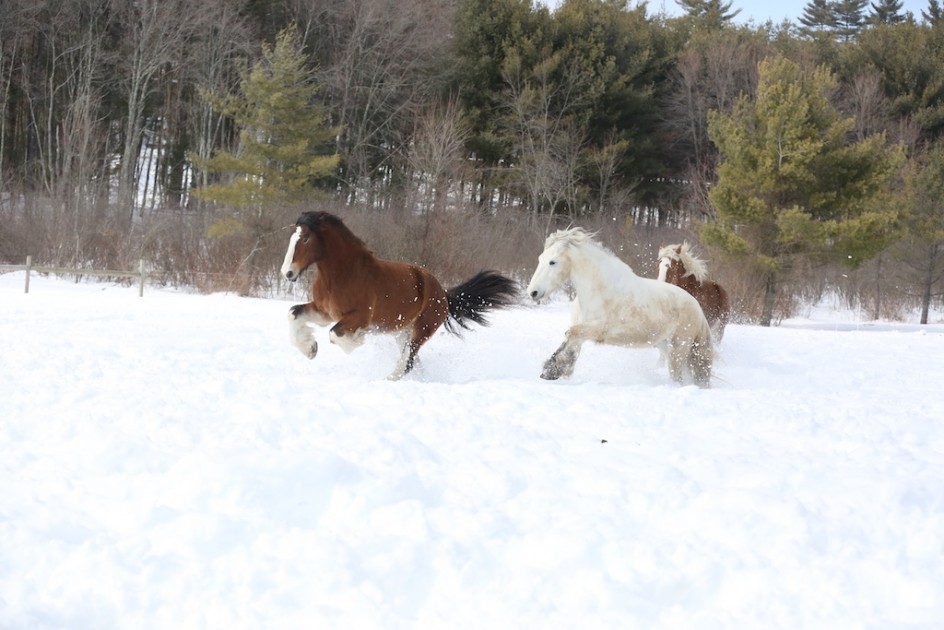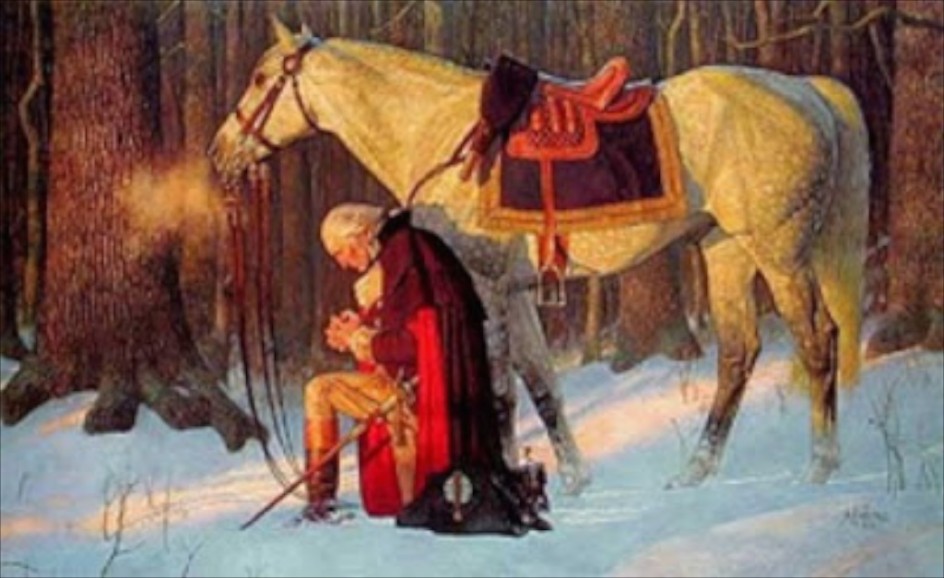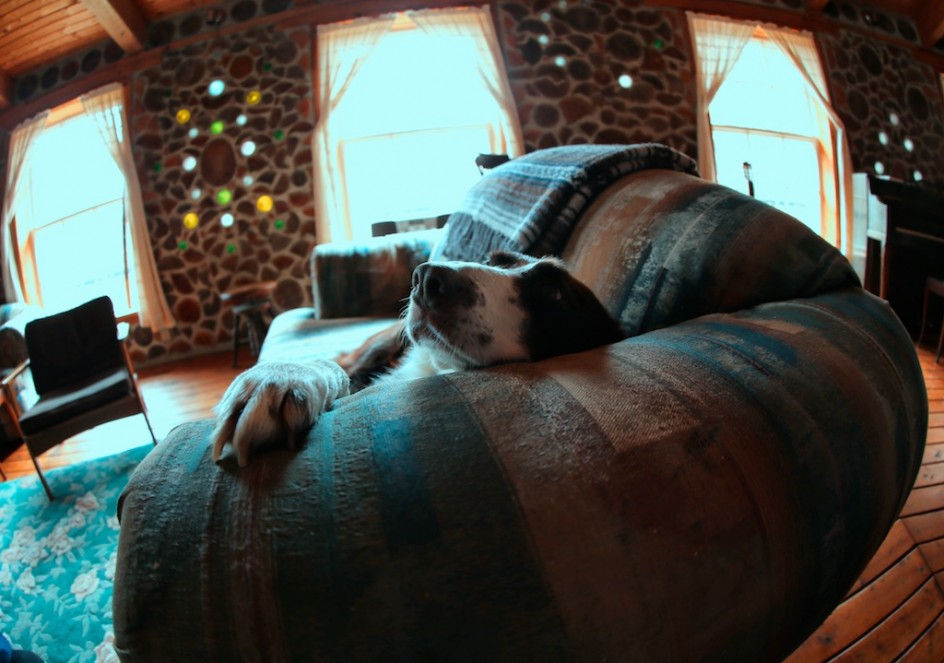
Last week, I mentioned that Fate ate a small onion in the Pompanuck Farm gardens. I could not count the number of warnings, alarms, grisly tales and hysterical messages I instantly received from people telling me I should rush her to vet, get her stomach pumped and pray for her survival. Also chastising me for not diving headfirst into the garden to save her from this vegetable, which, I was told, is lethal for dogs.
“You better take this seriously,” said one message, “how will you feel if she is dead in the morning?”
I remember a few months ago taking a photo of a Lab riding along in a car, as he has done for all 15 years of his life, summer and winter, and being inundated by messages urging me to report the owner to the police, to check and make sure he was hydrated and, if there was any doubt, to bust open the window and pull him or call the police and have his owner arrested. I remember that day, it was cloudy and 50 degrees outside at noon.
None of the messengers had any idea just where I lived, when the photo was taken, what the temperature was. I learned then – it was a creepy thing to learn – that there are many people in the world who ride around looking at cars in parking lots in the hopes of finding a dog in them who is suffering. And many who patrol the borders of farms in the hope of finding the same thing.
I get messages regularly about the dangers of my dogs being stolen, of walking without leashes, of running into the woods, of eating prepared or processed dog foods. On the book tour, I met a librarian who proudly told me that she rushed her border collie to the vet to have her stomach pumped for $850 for eating some vegetable I never heard of. I think she expected praise, I told her she needed a new vet.
I met a woman recently whose beagle ran off on a hot day and came home with his tongue dragging off the ground.
Fearing dehydration, she rushed the dog to an emergency clinic. They put an IV into the dog, pumped fluids into him, took various tests and charged her $1,100. My border collies work in heat and I keep fresh water around and make them rest. Let me be honest with you, I think these people have lost perspective, I have no respect or admiration for the people who are turning animals into objects of fear, loathing and alarm, and who use their concern for them to project all kinds of human junk onto their animals, and inject themselves into other people’s lives, spreading their alarm like a kind of cultural Ebola.
I take very good care of my dogs and have never lost a single one to a vegetable of any kind, never roasted one in a car, never had one stolen, never failed to give water to my dogs when their tongues are hanging out, always make sure in advance that my vet is honest and has true perspective about animals, people, fear and money.
I do not live by the horror stories of other people, I live by my own experience. There is trouble in the animal world, it is rarely as common as we are led to believe. There is no money or righteousness in peace and contentment.
Dogs are a joy to me, I will never turn living with one into a lament or reason to live in fear and panic. Few people get dogs and cats to hurt them, few farmers raise animals to make them suffer. This is how the carriage horses in New York got into so much trouble, the people who believe they are protectors of animals and their rights often seem to only be able to see animals and pets through this prism of hysteria and abuse and victimization. Animals like dogs and horses do not live in a perfect, risk-free world any more than we do. I reject that way of looking at animals, this will never be my experience of living with animals.
Ever since I wrote “Going Home: Finding Peace When Animals Die,” I have been receiving horrific daily tales of people who can’t let go of their dogs, treat their illnesses with perspective, let them die on peace, let go of grieving for them, who turn mourning into agony for many months, even years.
I could not count the number people who tell me they could never get another dog or cat because one of theirs died, a process they relate to me in excruciating and eternal detail. I wish I could slap them upside the head, get them to a psychologist, challenge them to understand the meaning of narcissism, to find perspective about owning animals: they do not live as long as we do, many things can kill them, the miracle is you can always get another one.
We have all lost animals we love, it is part of the universal experience of living with them. No one suffers this pain uniquely or alone.
There, I am happy to say it, there it is, my truth.
How many are the ways we transform the wonderful experience of living with a dog or a cat into a perpetual nightmare of panic and hysteria, fear and worry. I will never succumb to it. Living with dogs is nothing but gift to me, I will never turn it into something else, some part of our new national disease of living in a system of fear and judgment and money and blame.
Corporations and, sadly, many veterinarians and many lawyers are getting fat off the neediness of people, that is, the need to assuage their own terrors of life in the world and it’s dangers by projecting them onto their dogs. Invariably at a great profit to someone. What a shame, for people, for animals.
We live in a culture where people actually believe it is cruel for working horses to pull carriages in parks. Where we accept a growing culture of secret informers who report these often unfounded fears and alarms to the police and ruin lives. Where growing numbers of farmers, animal lovers and people who work with animals are being persecuted and abused in the name of protecting animals. It has gone too far, this panic, it has become a hysteria, not a means of making the lives of dogs and cats and horses and elephants better.
The minute Maria got a pony, the warnings and alarms began pouring in, the horror stories, cautions, tales of Aunt Martha getting kicked in the head of falling to cellulitis. Maria is warned daily about the dangers of riding her pony, of being kicked, of being around small animals, of not wearing a helmet, of getting thrown or bitten. When I ask people what makes them think we don’t know that, they are often outraged.
How dare I reject warnings and advice, isn’t that what I get for writing about my life?
I am puzzled at this social-media fed addiction to minding other people’s business, to transforming the experience of living with an animal into a nightmare of fare and loathing, warnings and alarms, judgements and criticism. I would never do it to another human being, or to an animal, for that matter.
But back to onions.
As it happens, I am well aware of the onion issue which has more in common with the dog-in-car issue than one might think. The American Veterinary association has long reported that onions are toxic to canines because of a substance they contain known as thiosulfate. Dogs do not have the enzyme to digest this substance so onions can be harmful to them in significant quantities. It is rare, says the AVA, for any dog to be harmed consuming a small amount of onions, almost unknown for them to die or become ill from eating a small scallion in a garden.
I called my vet, told her Fate had eaten a small scallion, asked if she believed she was in danger, related the warnings. “Tell them to get a life,” she said, “I’m busy with animals that are sick.” A good vet.
Every dog I have ever owned has eaten onions in one form or another at one time or another, none has been ill or died from it. Clearly, if dogs are fed onions regularly or as a part of their diet or in vast or continuing quantities they can get sick, even die. Fate was in no danger from eating the small onion in the Pompanuck garden, I would not dream of pumping her stomach for that, or rushing her to a vet, or spending hundreds of dollars to have her tested. I suppose I am, if it comes to that, willing to take some risks with my dogs to avoid a life of fear and loathing and testing and going broke – the new way of loving animals – to live with them.
There are no reliable statistics about just how many dogs are stolen by strangers or die in hot cars. Both things happen and can be dangerous, obviously, I have no need of strangers on Facebook advising me on dog safety. They are also, according to every reputable study, rare things. I do not choose to live on the basis of dangers that are not likely to occur, I do focus on those that are likely to occur – dogs running in roads, dying of overfeeding, being aggressive to people and dogs, being inbred or poorly trained. Dogs have ridden around in trucks and cars for more than a century, it is good for them, good for people.
I don’t take my dogs out in cars if the temperature is over 70 degrees. I never leave them without shade or fresh air. I am sorry to hear about the emotionally disturbed people who trawl supermarket parking lots breaking windows and calling the police if dogs are left in cars for short periods of time. Any dog can be in peril anywhere, I do not believe it is ever my right or mandate to invade someone’s privacy or break their car windows unless the conditions are so extreme and obvious – 95 degrees and closed windows – that humane intervention is required.
A woman in Saratoga Springs, N.Y. recently left he dog in an air-conditioned car with the engine running and ran into a shop on a warm day to pick up a package. When she came out, a police officer was waiting, the police had broken her car windows and put her in handcuffs – they said it is the law there now – and took her to the police station for booking on charges of animal cruelty and neglect. The city has lost perspective.
A number of people there and elsewhere have told me they have stopped taking their dogs along with them when they go out to do chores, they are afraid of having their windows broken or being charged with cruelty. I wonder if the legions of the righteous have considered how beneficial it is to dogs and humans alike when the dogs come along. It socializes dogs, makes them less fearful, often helps people feel less lonely and disconnected. Something very precious is lost to animals and people when we are afraid to bring them along. Does anyone ever give any though to what is lost when we are made to live in fear over our lives with animals? Carriage drivers in New York afraid to stand with their horses because so many people incorrectly think the horses are depressed when they hand their heads low.
We live in an increasingly fearful and invasive culture. Lawyers seem to be writing the rules of human conduct and interaction, from health care to animal welfare. Farmers are arrested for having frozen water tanks. People spend hundreds of dollars when their dogs eat an onion and feel like heroes for doing it.
Our national motto is live in an abundance of caution or you will be sued or harassed. Social media has provided people with computers with a license to invade the lives of strangers and tell them how to live. The animal world has become a magnet for people seeking to fill holes in their lives with the need to exploit fear and concern over animals. I know many people who no longer want to own a dog because it has become too expensive, too much a magnet for neurotic busybodies, or angry people who claim to speak for the rights of animals or ignorant politicians trying to look good by passing dumb laws, or too many vets who found found that fear and loathing can be turned into gold.
I wonder what we will tell the children, a decade or so from now, when they ask why dogs and cats can never leave their houses or run free, or why cannot leave the yard or get to sniff in a garden. Or when they ask where the horses and the elephants have gone, and why there are no ponies in the farmer’s markets or left for them to see. Perhaps we can tell them that most of the animals in the world are safe now. They are gone from the world and from the everyday lives of people.
We need a better and wiser understanding of animals than this.
It does not take a shrink or a genius to know that a small onion will not kill or harm my puppy, or that someone like me will not let his dog suffocate in an overheated car or that there is something wrong with us when we can’t let go of our animals or grieve for them in a proportional way or live with them in joy and love rather than fear and alarm.

